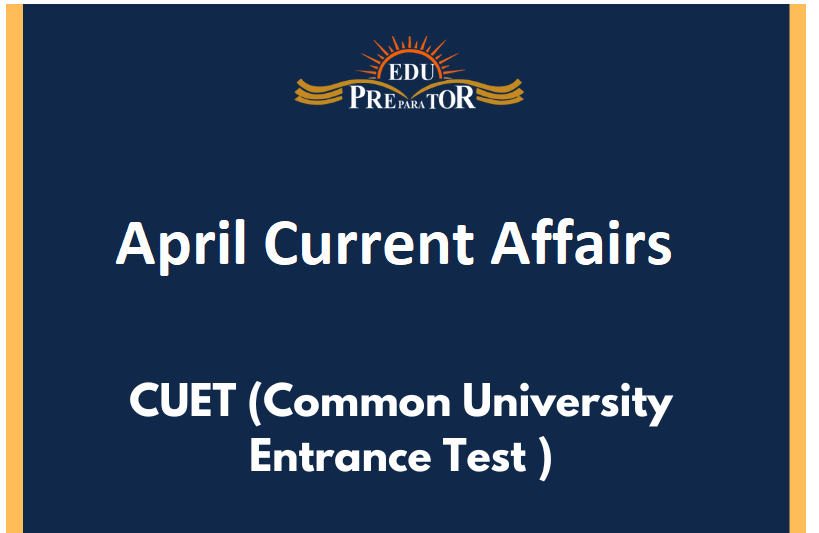
Exclusive Examination of the Curative Petition and Its Practical Ramifications
1: Comprehensive Overview of the Curative Petition
- A curative petition is a legal resort accessible after a review plea against a final conviction has been dismissed.
- It is a rare judicial mechanism designed to rectify gross miscarriages of justice and prevent manipulation of the legal process.
- Curative petitions typically are decided by judges in chambers and are rooted in the principles established by the Supreme Court in the case of Rupa Ashok Hurra Vs Ashok Hurra & another Case, 2002.
2: Criteria and Guidelines for Filing a Curative Petition
- There must be evidence of a breach of natural justice principles or potential bias in the judgement.
- The petition should be accompanied by a senior advocate's certification, pointing out substantial grounds.
- Curative petitions are first circulated among the three senior-most judges and judges who determined the original judgement for initial review.
- Exemplary costs might be levied on the petitioner if the petition is found lacking in merit and is considered vexatious.
3: Case Reference – Delhi Metro Rail Corporation Ltd. v Delhi Airport Metro Express Pvt. Ltd. Case, 2024
- The Delhi Metro Rail Corporation (DMRC) and Delhi Airport Metro Express Private Limited (DAMEPL) entered into a public-private partnership which was terminated due to disagreements.
- An arbitration panel favoured DAMEPL requiring DMRC to pay nearly Rs 8,000 crore, but the Delhi High Court directed DMRC to deposit 75% of the amount in an escrow account.
- The Supreme Court overturned its original judgement in favour of DMRC showcasing the profound role of curative petitions in upholding justice.
4: Other Significant Cases Involving Curative Petitions
- Union of India v Union Carbide Case: A curative petition was filed seeking more compensation for Bhopal Gas Tragedy victims but was rejected, reinforcing the prerequisite of gross miscarriage of justice for entertaining curative petitions.
- Navneet Kaur v State of NCT of Delhi Case, 2014: The Supreme Court accepted a curative petition, marking a shift in capital punishment cases. The petitioner's death sentence was commuted to life imprisonment because of an inordinately long wait for mercy plea and mental illness.
5: Special Powers of the Supreme Court of India
- Article 131 gives the Supreme Court exclusive jurisdiction to resolve disputes between the Government of India and the States, or between states.
- Article 136 bestows discretionary jurisdiction to grant special leave to appeal from any judgement, decree, or order in India.
- Under Article 143, the Supreme Court has advisory jurisdiction, enabling the President to refer queries to the Court for its advisory opinion.
- The Supreme Court has the authority to punish contempt of court through Articles 129 and 142.
- Article 145 empowers the Supreme Court to make rules for regulating the practice and procedure of the Court, including rules for reviewing judgments and entertaining appeals.
Overall, curative petitions serve as an essential part of the Indian legal system, empowering the Supreme Court to correct its judgement in cases of serious miscarriage of justice. Such petitions are sparingly used and reviewed with immense caution. By doing so, the judicial system affirms its commitment to justice and rectification of errors, even after the final verdict.



Comments
Nam cursus tellus quis magna porta adipiscing. Donec et eros leo, non pellentesque arcu. Curabitur vitae mi enim, at vestibulum magna. Cum sociis natoque penatibus et magnis dis parturient montes, nascetur ridiculus mus. Sed sit amet sem a urna rutrumeger fringilla. Nam vel enim ipsum, et congue ante.
Cursus tellus quis magna porta adipiscin
View All